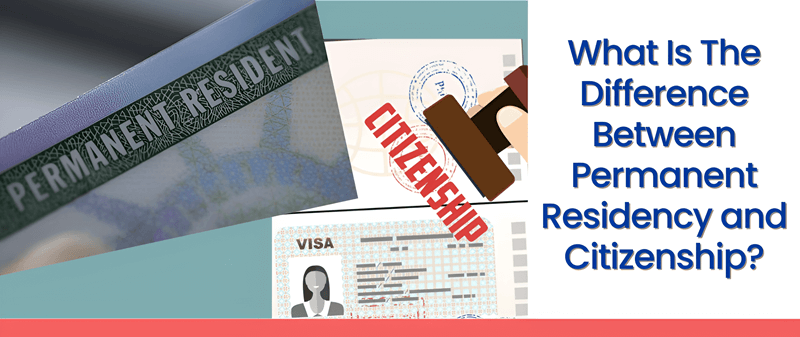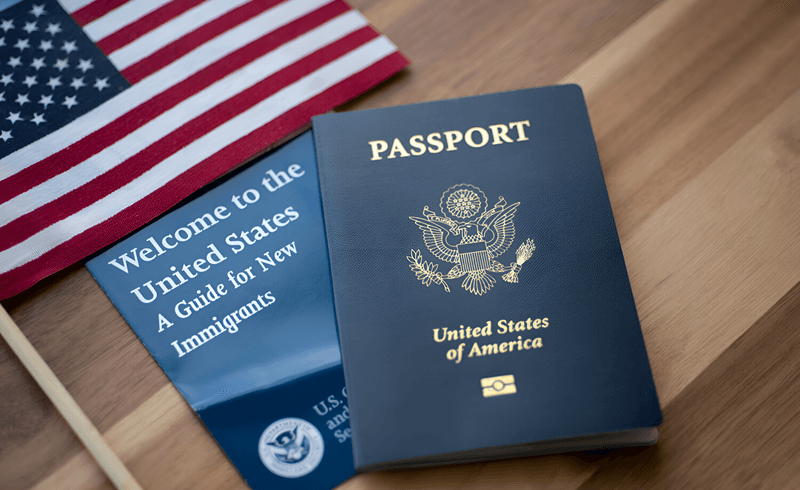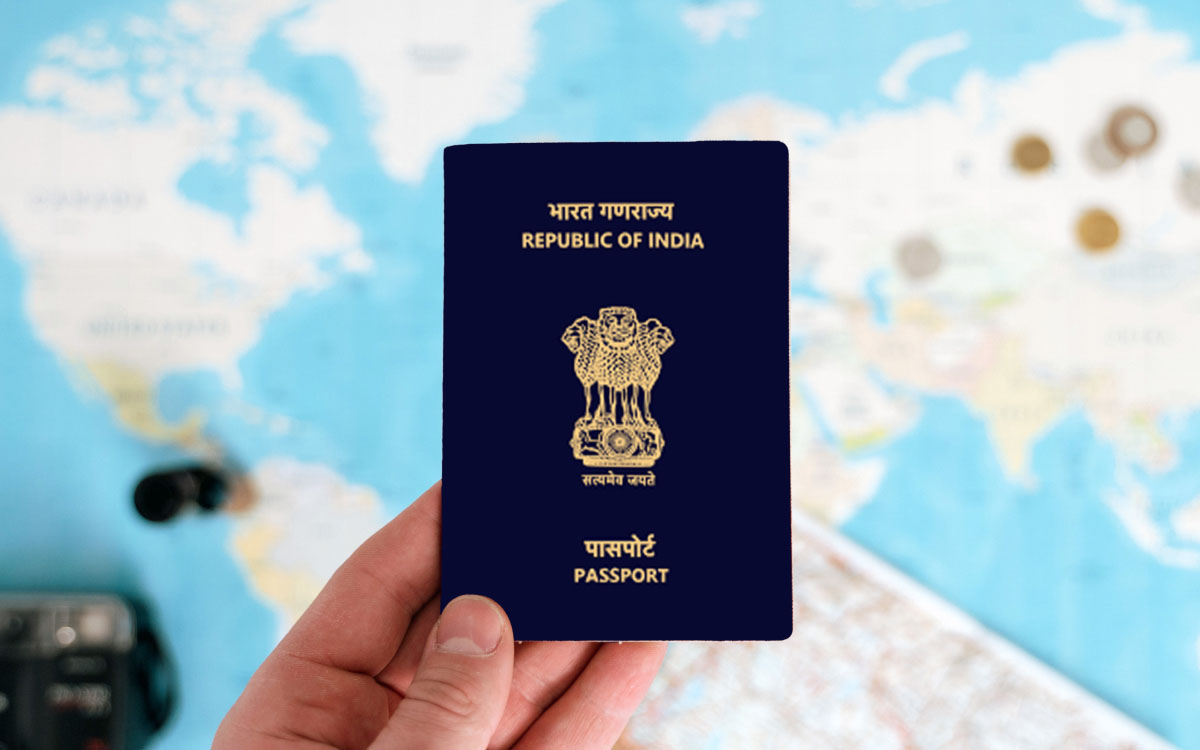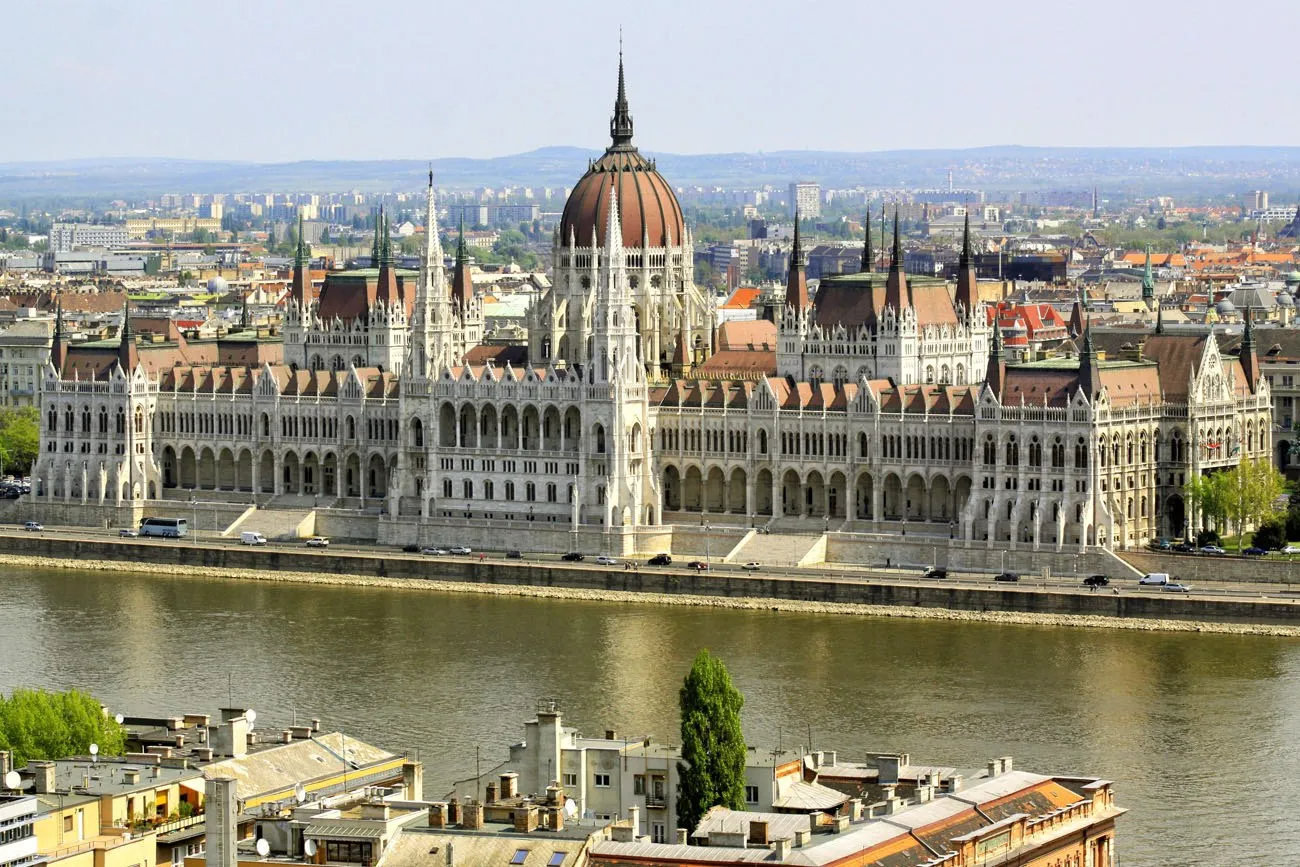Choosing Between Residence Permit and Citizenship
As the world becomes more interconnected, it is becoming more common for HNWIs, investors, businesspeople and families to seek opportunities to enhance their ability to travel or live in another country or gain citizenship. Due to investment based immigration policies, the opportunities for attaining this kind of mobility have never been easier.
For those thinking about such steps, it is important to distinguish between the residence permit and citizenship. Both can be had through investment but each comes with a degree of rights, benefits and obligations in the process. Whether it is personal desire for mobility, desire for a second home, or desire for long term settlement, it is imperative that one knows which status best suits their interest and pocket.
What is a Residence Permit?
Residence permit is a legal approval given to aliens to reside in a country for a given period of time, renewable. Normally residence permit is given for employment, education, family reunion or investment purposes, and it gives the right to stay in the country for an extended period.
Purpose and Use of Residence Permits
Residence permits therefore are meant to afford the bearer legal rights that will allow them to live, work, study or invest in a foreign country but not as a national of that country. Most of them are reusable with the validity of the card from 1 to 5 years. On occasion, after several years of temporary residence, it is possible to request the right to permanent residence, which is an unlimited right but provides even stronger rights.
For instance, Golden Visa programs in which many countries of the European Union have established provide residence permits to investors. Such permits normally entitle the holder to live in the issuing country and visit the Schengen Area without a visa.
Rights and Benefits of Residence Permits
- Many are residents in the host country where they also perform most of their functions.
- Although with some restrictions, use local services such as healthcare and education services.
- Be able to move around within some countries- for instance, the Schengen countries for those with an EU residence permit.in the host country.
- Access local services like healthcare and education, though with some limitations.
- Travel freely within certain regions, such as the Schengen Area for those holding EU residence permits.
Although these benefits have huge impacts benefiting anyone who wants a temporary or permanent residence then it’s important to realize that when you are awarded a residence permit, then you are not fully privileged as a citizen.
Restrictions of the Residence Permits
Residence permits come with several limitations:
- No political rights: It is prohibited to vote or to hold public office for the holders.
- Renewal required: Residency therefore has to be renewed from time to time, and this depends on the initial purpose of the permit, for instance investment or employment.
- Limited international mobility: Although residence permits may come with visa free travel to some countries, they do not always provide global mobility that comes with a second passport.
In short, residence permit is perfect for people who changing their place of living and work frequently but do not need citizenship with all it’s privileges and responsibilities.
What is Citizenship?
Citizenship is the legal right of being a national or a member of a country with the highest privileges any person can have in a given country. While residence permits allow one subject to temporarily or periodically enter a country or stay in it and, respectively, use the services of the country, citizenship is generally provided for a lifelong basis and grants the holder a full-fledged participant in the political, social, and legal life of the country.
Citizenship: Its Purpose and Utilization
Citizenship gives people complete legal rights in a country and enables them to enjoy all the rights of citizenship in all spheres of public life. This entails the right to vote, to be voted into an office, and to be provided with all social services provided to the citizens including education, health care and security. Citizenship, as a rule, is for life, and one does not need to renew it unless citizenship is to be withdrawn because of some extraordinary events.
It also has the added value of receiving a second passport for those who receive citizenship through investment, which will greatly facilitate the movement around the world and increase personal safety.
Rights and Privileges of citizenship
The key rights and benefits of citizenship include:
- Full political rights: They have freedom of voting, of standing for elections, and of participating in any referendum.
- Access to all social services: They can also enjoy the country’s health care services, education and social security services.
- International mobility: People have freedom of movement to many parts of the world depending on this place’s rank in the international system. For example, having a Malta or St. Kitts & Nevis, one can visit many countries of the world without a visa.
- Permanent status: Citizenship on the other hand is usually a onetime thing and people do not have to renew their citizenship.
With citizenship comes greater obligations:
- Tax responsibilities: People may even be liable to tax anywhere in the world depending on the laws of their country of residence. Some countries, especially the United States, tax their citizens based on residence anywhere in the world.
- Military service: In some of the countries there may be a necessity to serve in the military force.
- Civic duties: People are supposed to obey all the local laws and have various responsibilities to the society.
Whenever there are two or more nationalities involved in the case, the rules concerning such nationalities differ from one country to another. It is legal for a person to have dual nationality or to possess more than two passports in most of the world’s nations, but some countries demand the recipient of the new citizenship to surrender his or her former nationality.

Key Differences Between a Residence Permit and Citizenship
Duration and Renewals
- Residence Permit: A residence permit is not permanent and has to be renewed from time to time. The validity period could be between 1 and 5 years and normally the permit holder would have been to fulfil some conditions in order to renew such as the investment or continued employment in the country.
- Citizenship: Citizenship is normally for a lifetime and people do not need to renew it. It is mostly non-cancelable unless the person himself or herself gives it up, or unless it is canceled under certain stringent circumstances.
Civil liberties and Voting
- Residence Permit: The rights of a person with a residence permit are very limited. These permit holders cannot vote or even be appointed to office or other political positions within the country. Sometimes, people may have restricted access to public service such as health or education depending on the country’s polices.
- Citizenship: Citizenship provides the rights of enfranchisement, the right to stand for an election, and full entitlement to all state benefits. They also have full legal rights and the right to a passport.
International Mobility
- Residence Permit: Residence permits means that people get ability to move within the international country limits especially within the certain regions. For instance, while a residence permit in an EU country grants a person a visa-free entry into the Schengen Area.
- Citizenship: Citizenship normally offers international movement much more freely. The second passport from a country having high ranking passport index will grant visa free or visa on arrival facility to a large number of countries and thereby greatly improving the freedom of movement in the world.
Obligations
- Residence Permit: Usually those holding a residence permit have more limited responsibilities. Despite the fact that they are bound by tax residency rules, and immigration laws they are not as restricted in their civic rights as the citizens of their host country, such as they do not vote or serve in armed forces.
- Citizenship: Citizens have to fully submit to the authority of the country, and have the responsibilities of a citizen, which are as follows: paying taxes, have to go to serve in the military for a set term depending on the country’s legislation.
Path to Citizenship
- Residence Permit: While a residence permit may allow one to permanently live in the country or apply for a citizenship after a number of years. All the abovementioned countries allow residence permit holders to apply for a citizenship after five to ten years continuous residence depending on their country’s legal requirements, language test, and integration.
- Citizenship: Citizenship can be obtained as an investor directly, or it is received after obtaining a residence permit and waiting for a certain time..

Investment-Based Programs: Residence Permit vs. Citizenship
Currently, many countries, through residence and citizenship programs offer either residence permits and citizenship in exchange for investment. RBI will target HNWIs and their families for a fast track to residency or citizenship in exchange for an investment in the country’s economy, usually in the form of real estate, government bonds, or even a venture.
RBI programs have gained popularity in countries like Portugal, Greece, and Spain. In return, residence permits are granted for investments in real estate, business, or government funds.
Portugal’s Golden Visa: residency through investment in real estate, thereby having the right to live in Portugal, with the opportunity to be employed in the country, plus access to the Schengen Area. After five years, he/she may apply for permanent residency or citizenship.
Greece’s Golden Visa: In Greece, residence in return for investment in real estate is granted but does not involve any minimum stay. On the other hand, Greek citizenship is available after a few years of residence.
Citizenship by Investment (CBI)
The Citizenship by Investment model grants immediate citizenship against investment, normally in government funds or real estate. These programs are more popular amongst HNWIs looking for immediate access to a second passport.
St. Kitts & Nevis Citizenship by Investment Programme: this is a program that immediately grants citizenship in exchange for either an investment in real estate or in the government fund. It takes as little as three to six months; there’s no physical residency required.
Malta’s Individual Investor Program: Malta grants direct citizenship, through the channel of investment in real estate, bonds, or through government funds. Maltese have visa-free travel to over 180 countries.
Factors to Consider When Choosing Between a Residence Permit and Citizenship
Several factors can be considered when choosing between residence permit and citizenship, including Residence Permit Citizenship by Investment A residence permit normally has lower financial requirements than the path to citizenship. The investments are lower in value, since residence programs are mainly chosen by countries where it has varied from country to country, they require small amounts of investment in real estate or government funds. In almost all cases, much larger financial commitments are required for investing in citizenship. It requires either a one-time non-refundable donation or larger value than the real estate investment. Mobility and Travel
With citizenship, of course, one gets greater passport power for better international mobility. Citizenship through investment could provide visa-free access to a lot of countries, while residence permits give more limited travel advantages usually in a certain region.
Lifestyle and Long-Term Plans
If your goal is to live or work in a given country, then a residence permit would suffice. But if you want the security and status which comes with full citizenship without necessarily actually staying in the country, then is a citizenship by investment program the best fit for you?
Tax Considerations
Tax residency rules also differ between residence permit holders and citizens. While residence permit holders may not be automatically considered tax residents, on the other hand, citizens may have global tax obligations, depending on the country’s domestic tax law.
Family and Future Generations
Citizenship is an exceptional gift to future generations because status is often passed on to descendants, while residence permits may sometimes offer limited family unification rights.

Residence Permit and Citizenship – Which is Right for You?
It all depends on your personal objectives-whether you’re looking for increased mobility, in which case a second passport via citizenship through investment is arguably superior, or just residency to live and work in a country. A residence permit may be enough should your goal be just to live and work in a particular country. Whichever the case may be, either status involves financial and lifestyle considerations, and long-term ones at that.
Given that these decisions are so important, one always looks to consult with experts in the field of immigration consultancy or global mobility consultancy who could guide him through various legal, financial, and personal aspects to be considered while choosing which way to go ahead on these aspects for himself and his family.











